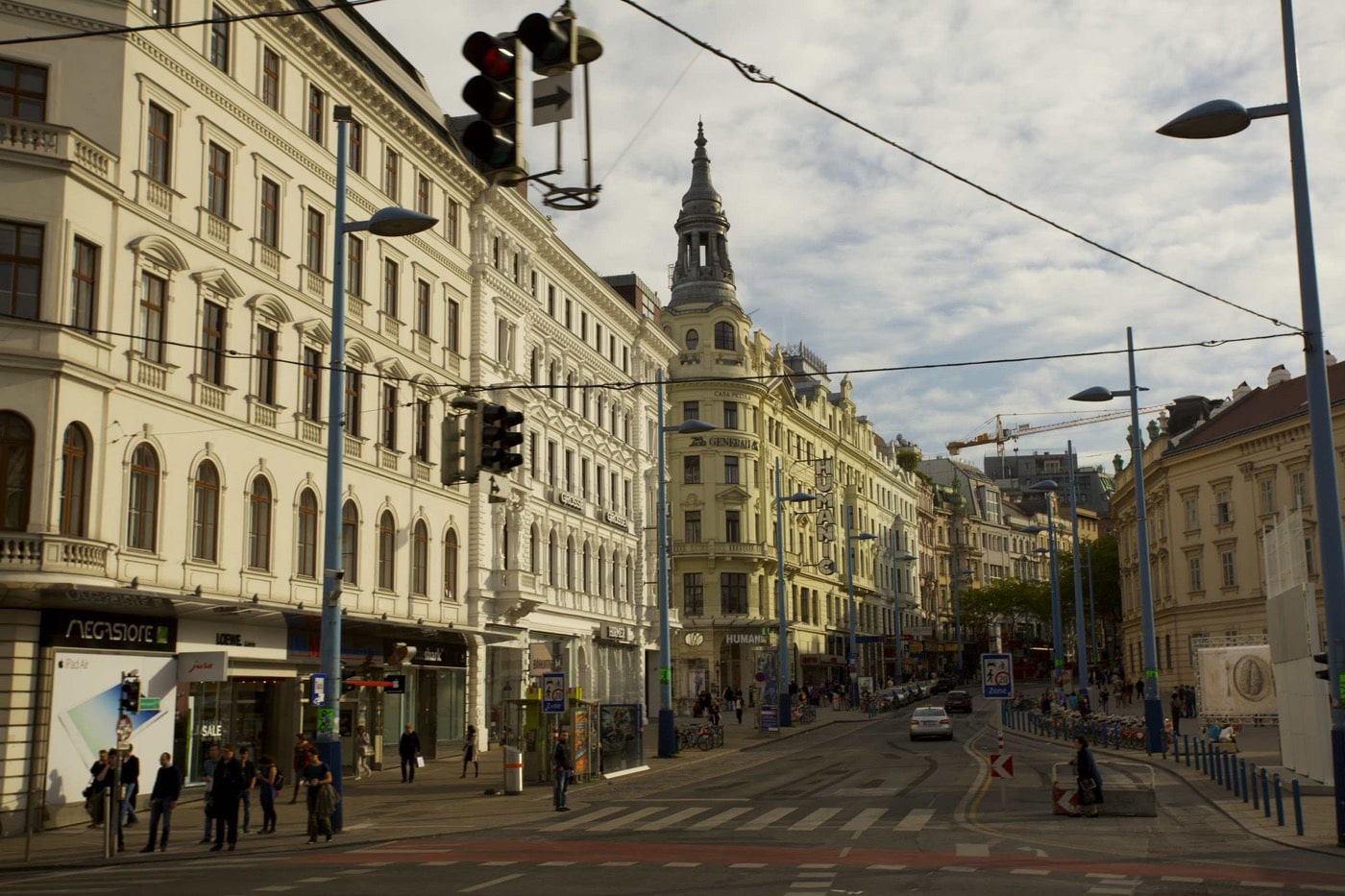“Where would you go to hear great classical music and opera that is different from the usual, preferably in a city where the music was written?”
That is the question I’m asked more times than I can count, by people who know I spend much of my time in the world’s musical capitals. There are a few obvious answers: Vienna was where Haydn, Mozart, Beethoven, Schubert, Mahler and many others created their finest music and its offerings are always tantalizing. Milan has La Scala and Italy is full of gorgeous, historic opera houses that resound with the glorious melodies of bel canto. Paris was the world center of music in the 19th century but at the same time St. Petersburg was home to Tchaikovsky, Mussorgsky and other masters. All of these cities drew the finest musicians, as did Berlin, Dresden, Leipzig, Munich, London and New York.
And yet, with increasing frequency, I find myself encouraging people to go to Prague, a smaller city in the heart of Europe that holds its own with the big music meccas and can claim several world class composers who devoted their lives and work to the Czech capital. One of the things that makes Prague unique is that, more than any of the other cities I’ve mentioned, its composers saw their music as an expression of the nation’s character. In opera and song they used the Czech language to make listeners feel an even closer connection to their nation.
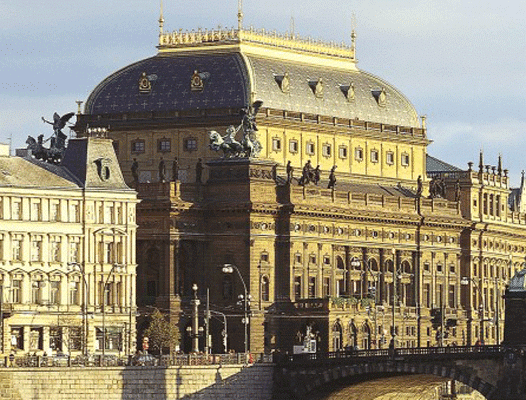
Sometimes a small nation with an unusual language creates extraordinary music for two reasons: to preserve its language and to give citizens identity and cohesion through words and music. Finland, which was under Swedish or Russian rule for centuries, used music and language to inspire a sense of nationality in its people even when foreign armies occupied Finnish cities. Hungary produced important composers like Liszt and Bartok who gave Budapest more spice when it was one of the most important cities in the Austro-Hungarian Empire until the First World War.
But the Czech Republic (which was joined with the Slovak Republic as Czechoslovakia from 1918 to 1993) is remarkable to the degree to which its composers used music and words to give the people a strong patriotic feeling even during long periods when it was occupied by outsiders, such as the Austrian Hapsburgs, Germans or Russians. This year has been declared the Year of Czech Music and the whole nation, especially Prague, is pulling out all stops to showcase its top composers and contemporary musicians.
Bedrich Smetana (1824-1884) is, without question, the composer in whose music the Czechs most profoundly see themselves. His Ma Vlast (translated as My Homeland or My Country) is probably the most beloved piece of Czech music. Listen below to a legendary performance of this work in a concert from the Prague Festival in 1990, the year after the “Velvet Revolution” helped the Czechs break free from the Soviet Union. The conductor is the legendary Rafael Kubelik (1914-1996), the centennial of whose birth will be widely celebrated this year in the country. He left his homeland after the tyranny of the Nazis because he correctly feared that it would fall under the Soviet Union.
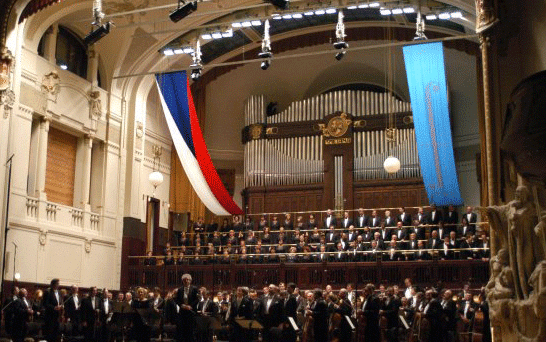
In 1946 Kubelik came out of retirement and founded the Prague Spring Festival, returning home from exile to lead a performance even though he was crippled by severe arthritis which had forced him to retire. It was his gesture as the eminent Czech musician to nudge his country towards democracy. The Festival, held each May since its founding, makes Prague one of the most important destinations for music in the world.
Smetana also composed Libuše, which is considered the national opera. It tells the story of an ancient seeress with the gift of foretelling the future and her country’s fate. The legend holds that she was the founder of the Czech nation. The opera ends with the soprano who’s playing Libuše triumphantly singing, ”My dear Czech people shall never perish/ They all hell’s horrors will ever resist!” When you go to Prague, be sure to visit the Smetana Museum.
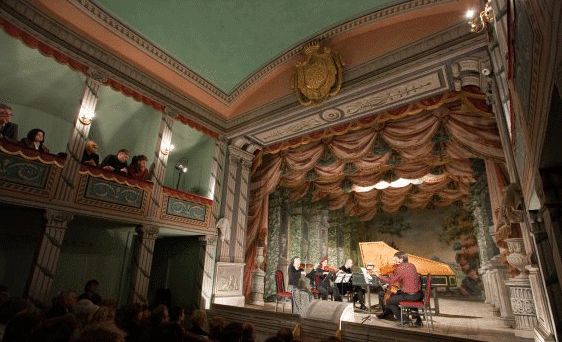
If you cannot go in May, Prague is full of music festivals throughout the year, from medieval religious music to jazz and there’s a lot of opera to see and hear. At the State Opera, a gorgeous theater opened in 1888, I would attend any work just for the sublime pleasure of being in that place for an evening. It is a venue for all opera featuring many of the top Czech and international singers. The National Theater opened in 1881 and since then has been a key venue for plays in the Czech language as well as many operas by native composers.
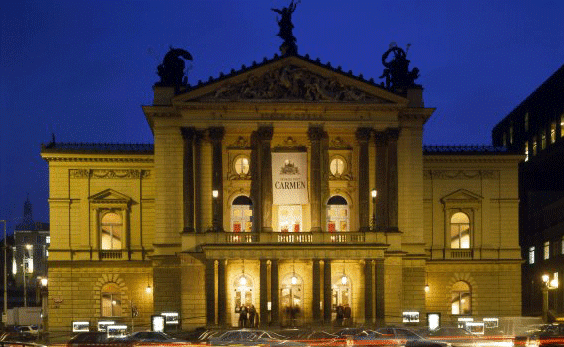
The Estates Theater is even older, dating back to 1783. It was the birthplace of many Czech operas and has the distinction of being the venue for the premieres of what many consider Mozart’s two greatest operas, Don Giovanni (1787) and La Clemenza di Tito (1991). If you thought Vienna looked gorgeous in Amadeus, the Oscar winning film about Mozart, I have news for you. In the movie (by Czech director Milos Forman) Prague served as the stand-in for Vienna.
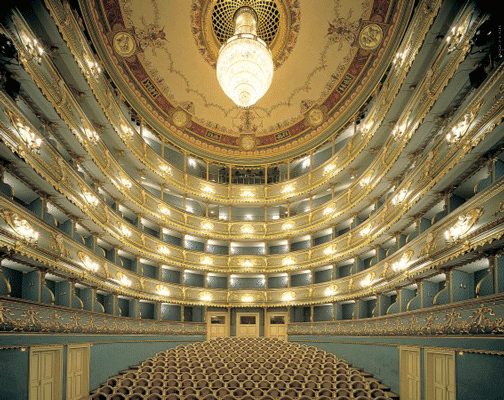
Antonín Dvorák (1841-1904) is justifiably the most famous Czech composer and is one of the greatest in classical music. His opera, Rusalka, is a beautiful and sad fantasy with deep roots in Czech folklore. It’s the signature role of American soprano Renée Fleming, who performed it at New York’s Metropolitan Opera House in February in a performance broadcast in HD to cinemas around the world. Dvořák is best-known for his nine symphonies, the last of which–”From the New World ”– was written in Iowa and New York City and evokes the country where he lived and taught for several years. It is a feverish reverie of his homeland.
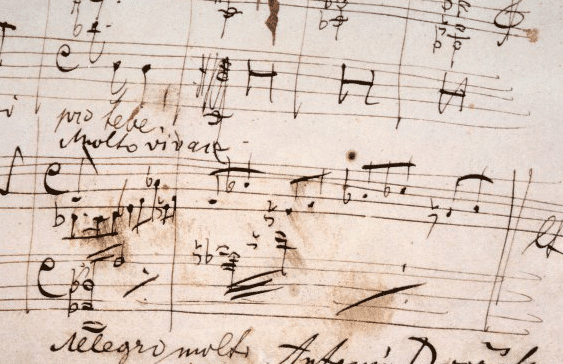
Bohuslav Martinů (1890-1959) was a talented and eclectic composer who combined Czech folk melodies with other influences, including strains of jazz he heard during time spent in the United States. His music is worth discovering.
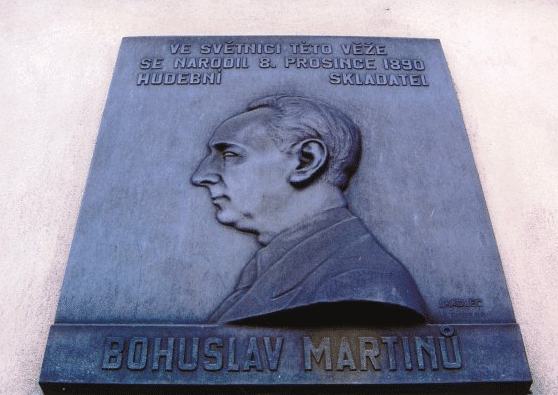
But of all these Czech composers Leoš Janácek (1854-1928) might be my favorite and is certainly the most underrated. Born in Brno but trained in Prague, Leipzig and Vienna, his operas are now getting the credit they are due. I consider him one of the top three opera composers of the early part of the 20th Century, along with Puccini and Richard Strauss. Because those two wrote their operas in Italian and German, most singers are able to perform them. The complexity of the Czech language means that very few singers who are not native speakers can play the roles. Like Smetana’s The Bartered Bride and some operas by Dvorák, Janácek was performed abroad in other languages, especially German and English. Only recently when international stars such as Leonie Rysanek, Catherine Malfitano and Karita Mattila learned Czech well enough to properly sing these roles, has Janácek been heard with any resemblance to what the composer intended.
Most of Janáček’s operas are powerful dramas. Jenufa, based on a true story, is about a provincial girl impregnated by a boy who abandons her. She has the baby but her stepmother, who feels that the infant has brought shame to the family, drowns the child in a river that freezes. The story, sadly, still has resonance in modern times and audiences respond viscerally to it. From the House of the Dead is a bleak but affirming story of life behind prison walls, with men who have been wrongfully incarcerated. This too is a story that contemporary society understands. My favorite is The Makropulos Case, the improbable but fascinating story of a woman who accidentally ingests a serum at the age of sixteen that keeps her eternally youthful. She lives for 337 years, eventually tiring of eternity. When she finds the antidote to the serum, it is her discovery of mortality that makes her feel alive for the first time.
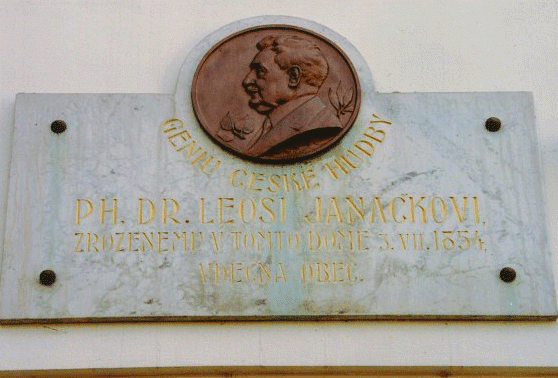
Whether it is opera or the glorious symphonic works of Smetana, Dvorák, Martinů, Janáček or other Czech composers, there is no better place than Prague to hear them, joined by local people who have this music in their blood. It’s almost like drinking wine in the vineyard where the grapes were grown.
http://www.stories.czechtourism.com
https://travelsquire.com/ts/czech-republic/stories/
From the TS Editors:
Fred Plotkin is the author of Opera 101: A Complete Guide to Learning and Loving Opera and Classical Music 101: A Complete Guide to Learning and Loving Classical Music.
Where To Hear Czech Music:
Prague Spring Festival
http://www.praguewelcome.cz/srv/www/en/eventCalendar/detail.x?eventId=664848
Prague Music Festivals
Where to Connect with the Composers:
Smetana Museum
Novotného lávka 1,
110 00 Praha 1, Czech Republic
Tel.: +420 222 220 082
http://www.nm.cz/Hlavni-strana/Visit-Us/Bedrich-Smetana-Museum.html
State Opera
Wilsonova 4,
110 00 Praha 1, Czech Republic
Tel.: +420 224 901 448
http://www.narodni-divadlo.cz/en/state-opera
The National Theater
Národní 2,
110 00 Praha 1, Czech Republic
http://www.narodni-divadlo.cz/en/national-theatre
The Estates Theater
To Get Inspired by Czech Music:
Ma Vlast, Bedrich Smetana, Prague Festival 1990
https://www.youtube.com/watch?v=76R0N2GN6Jo
“From the New World”, Antonin Dvorak

